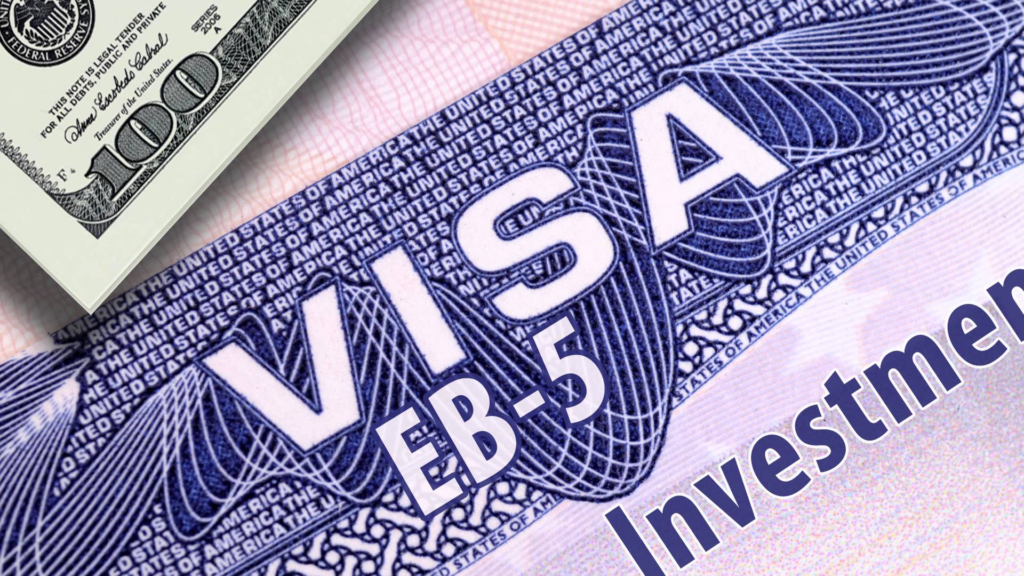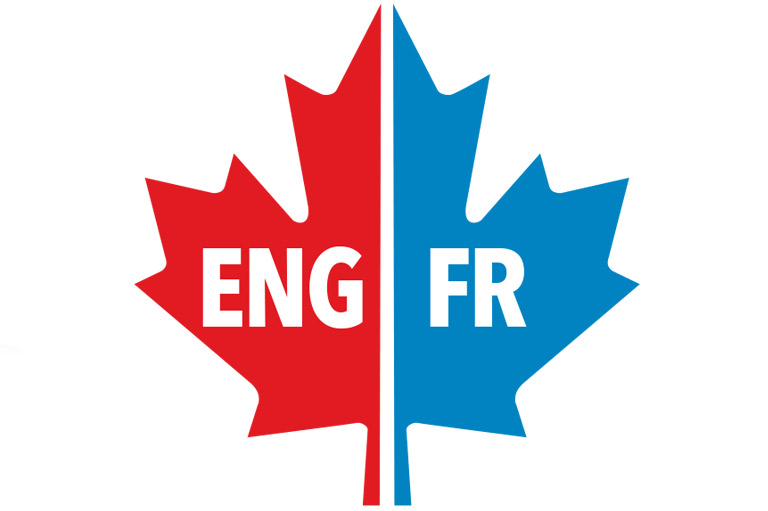Canada is known for its welcoming approach to refugees, offering various resettlement programs. These programs aim to provide safety and support to those fleeing conflict and persecution. As a result, Canada has become a destination for many seeking a new start in life.
You may wonder how these programs work. Canada uses a combination of government sponsorship and private sponsorship to help refugees settle in the country. This approach not only provides immediate assistance but also encourages community involvement in the resettlement process.
Understanding these programs can help you see the positive impact they have on both refugees and Canadian society. By learning about the different pathways available, you can appreciate the role Canada plays in humanitarian efforts worldwide.
Overview of Canada’s Refugee Resettlement Programs
Canada offers several programs to help refugees find safety and start new lives. These programs are designed to address different needs and situations. Understanding the history, types of programs, and eligibility will give you a clearer picture of how Canada supports refugees.
Historical Background
Canada’s commitment to helping refugees began after World War II. The government accepted thousands of displaced persons, making it one of the first countries to create a comprehensive refugee program.
In the 1970s, Canada established the Private Sponsorship of Refugees Program. This allowed private citizens to sponsor refugees, increasing community involvement in resettlement. Over the years, policies have evolved to respond to global crises, including those from Syria and Afghanistan, showcasing Canada’s ongoing dedication to humanitarian efforts.
Types of Resettlement Programs
Canada has several key resettlement programs:
- Government-Assisted Refugees (GAR): The government supports these refugees financially and makes arrangements for their travel to Canada.
- Private Sponsorship: Individuals or groups in Canada can sponsor refugees. This program allows communities to play an active role in helping newcomers.
- Blended Visa Office-Referred (BVOR): This combines government support and private sponsorship. Refugees in this program receive partial government assistance while being privately sponsored.
Each program has specific procedures and benefits to ensure refugees receive the help they need.
Eligibility Criteria
Eligibility for Canada’s refugee programs varies by program. Generally, refugees must demonstrate:
- A well-founded fear of persecution or a belief in the need for protection.
- They cannot return to their home country due to threats to their safety.
For the Private Sponsorship Program, sponsors must show they can support refugees financially for at least one year.
Additionally, refugees undergo security and health checks to ensure they meet Canada’s standards. This thorough process helps maintain safety for all while providing refuge for those in need.
Operational Framework
The operational framework of Canada’s refugee resettlement programs consists of three main components, each designed to support refugees in unique ways. These programs help individuals and families find safety and start new lives in Canada.
Government-Assisted Refugee Program
In the Government-Assisted Refugee Program, the Canadian government directly provides support to refugees. This includes financial assistance and services to help them settle.
Refugees in this program receive income support for up to a year. They also get help with housing, language training, and job search services. The goal is to help them gain independence quickly.
Refugees are chosen based on their need for protection and are often referred by the United Nations Refugee Agency. This program ensures that vulnerable individuals and families receive the assistance they require to build a new life in Canada.
Privately Sponsored Refugee Program
The Privately Sponsored Refugee Program allows groups of private citizens to sponsor refugees. This can include individuals, families, or community organizations.
Sponsors commit to providing emotional and financial support for at least one year. They help cover costs like housing, food, and language training. This program encourages community involvement in refugee resettlement.
Private sponsors often maintain a close relationship with the refugees. This support network can help refugees integrate into their new community. It also fosters social connections, which are important for adjusting to a new country.
Blended Visa Office-Referred Program
The Blended Visa Office-Referred Program combines government and private support. Refugees selected for this program receive initial government support followed by private sponsorship.
This program aims to provide a balanced approach to resettlement. The government helps with immediate needs, while private sponsors contribute to long-term integration. Refugees benefit from a coordinated support system.
Like other programs, individuals are selected based on their vulnerabilities. This ensures that those most in need receive comprehensive assistance, allowing them to thrive in their new environment.
Integration and Support Services
Successful integration is important for refugees in Canada. The country offers various support services to help you adjust and thrive. This includes services for settlement, healthcare, and education.
Settlement Services
Settlement services are designed to help you navigate your new life in Canada. These services include orientation sessions that inform you about daily life, local laws, and cultural practices.
You may receive help with finding housing, opening a bank account, and accessing transportation. Many organizations also provide translation and interpretation services, making it easier to communicate.
Additionally, you might take part in community events to meet others and build relationships. Connecting with your local community is crucial for establishing your support system.
Healthcare Provision
Access to healthcare is a key component of support for refugees. In Canada, you will likely be eligible for the Interim Federal Health Program (IFHP), which provides essential healthcare services.
Under this program, you can receive medical attention, including hospital visits and necessary medications. Mental health services are also included, which can be vital for coping with past trauma.
It’s important to familiarize yourself with local healthcare providers. Many immigrant service organizations can help you navigate the healthcare system.
Employment and Education Assistance
Finding a job and continuing your education can significantly impact your integration experience. Various programs in Canada offer support for job readiness such as resume writing workshops and interview preparation.
You may receive information about local job openings and internships. Many organizations also help refugees with skills training to enhance employment opportunities.
For those looking to further their education, English language classes and credential assessment services are available. These resources help you improve your skills and gain recognition for your qualifications.
Challenges and Considerations
Canada’s refugee resettlement programs face several challenges. You should consider the policies, socioeconomic impacts, and community involvement that play a crucial role in shaping these programs.
Policy and Procedural Challenges
Resettlement policies can often be complex. Changes in government leadership may lead to shifting priorities. This inconsistency can create confusion for both refugees and agencies assisting them.
Application processes are another hurdle. Long wait times and extensive paperwork can deter many potential applicants. Even after approval, logistical issues, such as securing housing and medical care, can complicate resettlement.
Policy enforcement also varies by region. Some provinces may have more resources, while others face funding shortages. This inconsistency can affect how well refugees are integrated into Canadian society.
Socioeconomic Impact
Refugees contribute to Canada’s economy, but challenges exist. Finding stable jobs can be difficult due to language barriers and the need for job training. Many refugees find themselves in low-paying jobs initially, impacting their standard of living.
Housing costs can also strain resources. Rent prices in cities often exceed what newcomers can afford. This situation can force refugees into overcrowded or inadequate living conditions.
Educational opportunities play a vital role too. Children may struggle to adapt in schools, affecting their learning and social integration. Support services are crucial, but they are sometimes limited based on community resources.
Community Involvement and Public Opinion
Community support is essential for successful integration. Volunteer programs can help refugees adjust. However, involvement can fluctuate depending on public perception and media representation.
Public opinion varies widely about refugees. Some people advocate for welcoming practices, while others express concern about economic impacts or cultural integration. This division can influence local policies and funding for refugee services.
Building positive narratives around refugee stories can engage communities. Educational initiatives can help alleviate fears and promote understanding. Engaged communities can lead to better outcomes for refugees as they settle into new lives in Canada.


